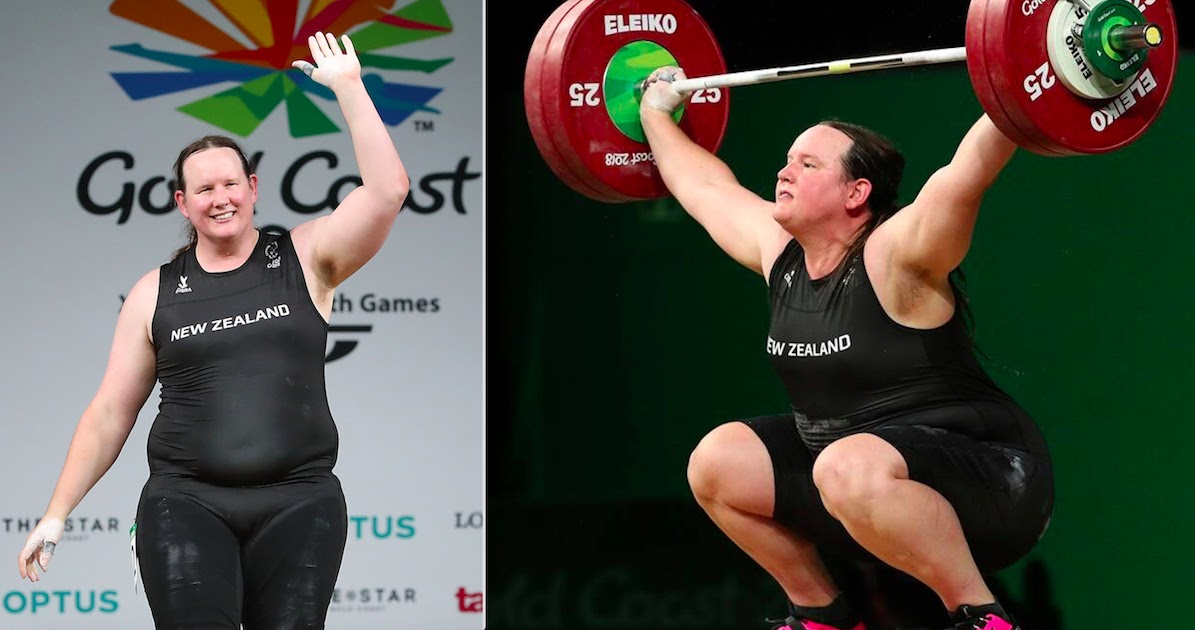
There has been controversy after the first-ever transgender athlete was named in an Olympic team. Laurel Hubbard, who is a transgender woman, meaning she is biologically a man, will compete for New Zealand in the women's weightlifting at the Tokyo Olympics, which are due to start next month.
The move is controversial as many people say that it is unfair to have biological men competing in women's events just because they identify as women.
Hubbard has undergone significant hormone treatment and other transgender procedures, but critics say she has an innate advantage in being born a man.
The 43-year-old will be the oldest person competing in their event at the games. Hubbard had previously competed as a man in weightlifting competitions before. However, she did not reach a high level in the sport. Hubbard has previously competed as a female at the Commonwealth Games.
The New Zealand government has endorsed the move as has the New Zealand Olympic Committee, stated:
"She is our first Olympian who has transitioned from male to female. We do know that there are many questions about fairness of transgender athletes competing in the Olympic Games but I would like to take this opportunity to remind us all that Laurel has met all of the required criteria."
Hubbard said:
"I am grateful and humbled by the kindness and support that has been given to me by so many New Zealanders."
Critics of the move include Save Women's Sport Australasia who campaign against transgender athletes taking part in sport outside of their biological sex. They said in a statement:
"Males do have a performance advantage that is based on their biological sex. They outperform us on every single metric - speed, stamina, strength. Picking testosterone is a red herring ... We are forgetting about the anatomy, the fast, rich muscle, the bigger organs."
Another person opposing the inclusion of Hubbard in the team was weightlifter Tracey Lambrechs, who at the Commonwealth Games was forced to give up her place to give the position to Hubbard. She said:
"When I was told to drop the category because Laurel was obviously going to be their number one super, it was heartbreaking, like super soul-destroying. And it's unfortunate that some female, somewhere is like, 'Well I'm going to miss out on going to the Olympics, on achieving my dream, representing my country because a transgendered athlete is able to compete'."
Recently several states in the US have placed bans on transgender athletes competing outside their biological gender.
[h/t: Reuters]













COMMENTS